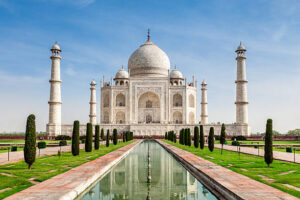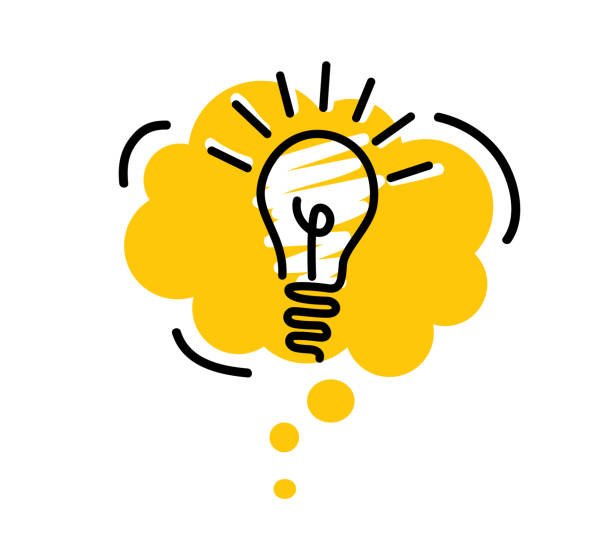The Unborn Odyssey Novel: A Mythic Fantasy Journey Through Life, Death, and Rebirth
In the vast universe of speculative fiction, The Unborn Odyssey stands out as a hauntingly beautiful tale that defies easy classification. Rooted in mythic tradition yet unflinchingly modern in its philosophical undertones, this novel is the first book in a thought-provoking mythic fantasy series that combines ancient settings, emotional storytelling, and mind-bending questions about identity, time, and existence.
A Story Beyond the Physical
At its core, The Unborn Odyssey is a fantasy-based novel with emotional depth, chronicling the spiritual and metaphysical journey of Kael—a soul who awakens in the space between life and death. He is neither born nor dead but caught in a liminal world that mirrors our ancient myths and cosmic dreams. Guided by forgotten deities and shadowy figures, Kael must piece together the story of his own soul while exploring the grand cycle of existence.
This deeply symbolic narrative resonates with fans of new mythic-fantasy books about life, death, and rebirth journeys, offering not only action and world-building but also a meditative dive into what it means to be alive.
Ancient Worlds, Timeless Questions
Readers looking for mythic fantasy novels with ancient settings and epic journeys will find much to love in the sweeping landscapes and timeless architecture of The Unborn Odyssey. The novel draws upon real-world mythologies, reinterpreted through a futuristic and metaphysical lens. Kael’s journey takes him through desolate temples, dreamlike battlefields, and forgotten cities, each representing a layer of memory and identity.
Much like the best philosophical science fiction books like Dune or Foundation, this story is not content to merely entertain. It challenges readers to think about the soul, the universe, and the interconnectedness of all life.
Consciousness as the True Battleground
One of the most compelling aspects of The Unborn Odyssey is its bold dive into consciousness as both a battlefield and a sanctuary. Echoing themes in science fiction and fantasy series exploring consciousness and identity, the novel poses challenging questions: Who are we before we are born? Is memory the only proof of our identity? Can a soul exist without a body?
Kael’s fragmented memories and shifting perception lead readers on a cerebral quest, not just through an ancient-fantasy world, but through layers of self-awareness and metaphysical transformation.
A Must-Read for Deep Thinkers and Dreamers
The Unborn Odyssey does what few debut novels manage—it seamlessly blends mythical storytelling with philosophical inquiry. Readers drawn to the profound moral struggles and introspective journeys of Paul Atreides or Hari Seldon will find a new hero in Kael, whose story is every bit as compelling and enigmatic.
This novel is for those who crave more than sword fights and spells—those who seek stories that make them question the nature of reality itself. With poetic prose and rich symbolism, it invites you to look inward as much as outward.
Conclusion:
If you’re looking for your next immersive read, The Unborn Odyssey deserves a place on your shelf. As the first book in a thought-provoking mythic fantasy series, it opens the door to a universe where the personal and the cosmic, the ancient and the futuristic, collide. With elements of mythic fantasy, science fiction, and spiritual reflection, this is a novel that lingers long after the last page.









